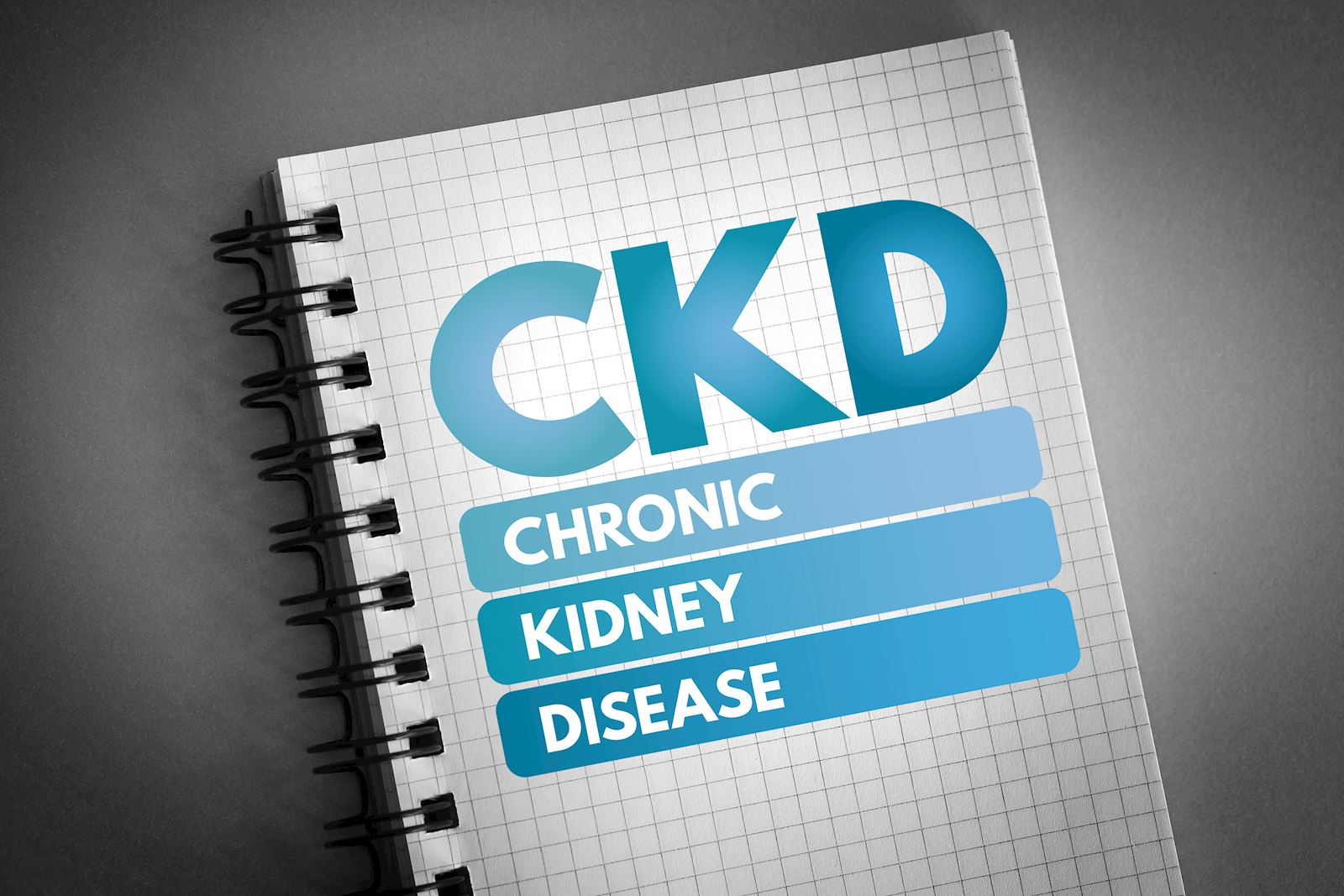Limit sodium intake. Exercise. Keep an eye on potassium and phosphorus levels. Check your liquid consumption. Living with Chronic Kidney Disease (CKD) demands consistent, daily management to keep the disease in check. The good news? By following a healthy lifestyle that protects the kidneys from further damage, people with CKD can enjoy full, active lives.
What causes CKD and who’s at risk?
CKD is a chronic condition which causes a person to lose kidney function over time. It’s usually a result of other health conditions including heart disease and diabetes. In fact, two-thirds of CKD cases are due to those two diseases.1
The most common risk factors for CKD are:
- Diabetes
- High blood pressure
- Heart disease
- Obesity
- Family history of CKD
- Being 60 years old or older
- Being a minority
Three keys to living with CKD
Newly diagnosed with CKD? Or do you have a loved one with the chronic illness? It’s important to learn about the disease and understand how to manage it. Once you do, living well with CKD is a matter of being mindful of nutrition, making consistent choices, and seeing the doctor regularly to monitor the disease.
1. Assess your diet
If you’re diagnosed with CKD, you must pay close attention to what you eat. Work with your doctor or a registered dietitian to customize a nutrition plan that’s right for your condition. To support your overall health and reduce the stress on your kidneys, limit the processed foods in your diet and boost your consumption of lean animal proteins, plant-based proteins, whole grains, fresh fruits and vegetables. For most CKD patients, limiting sodium intake to less than 2,300 milligrams a day is also very important.
2. Balance your minerals and vitamins
People living with CKD often have different vitamin and mineral needs due to their compromised kidney function, special dietary requirements, and the side effects of some prescription medications. Potassium and phosphorous are two minerals to keep your eye on.
- Potassium – When the kidneys are damaged, potassium may build up in the blood and that can lead to heart problems. Knowing the potassium levels in your food will help you keep the mineral in check.
- Phosphorous – Like potassium, phosphorous can also accumulate in the blood when the kidneys aren’t functioning effectively. A build-up of this mineral causes bone and joint pain and can lower calcium levels which makes your bones weak. Learn which foods are high in added phosphorous – like dairy, deli meats, and dark sodas – and try to avoid them.2
3. Prioritize exercise
According to the National Institute of Diabetes and Digestive and Kidney Diseases (NDDKD), people living with CKD should get about 30 minutes of exercise every day. Exercise – in any form – helps manage weight while preventing some of the other chronic illnesses that contribute to CKD including diabetes and heart disease. And remember that you don’t have to do it all at once. Several brisk 10-minute walks throughout the day will do the trick. Check with your doctor first about the right plan for you -- then just do it! 3
Mom's Meals® can help
People living with CKD need support in maintaining a lifestyle that helps control their disease. Mom’s Meals offers a convenient way to do that with our delicious, home-delivered, renal-friendly meals designed to provide nutritional support to help manage kidney disease.
Sources:
1. https://www.kidney.org/atoz/content/about-chronic-kidney-disease#causes
3. https://www.niddk.nih.gov/health-information/kidney-disease/chronic-kidney-disease-ckd/managing



